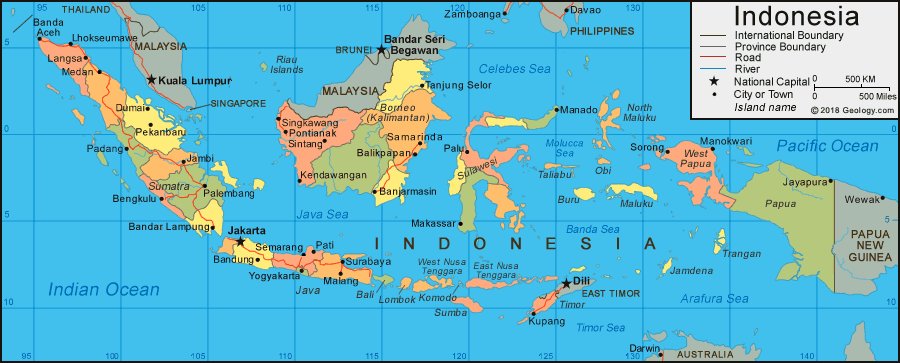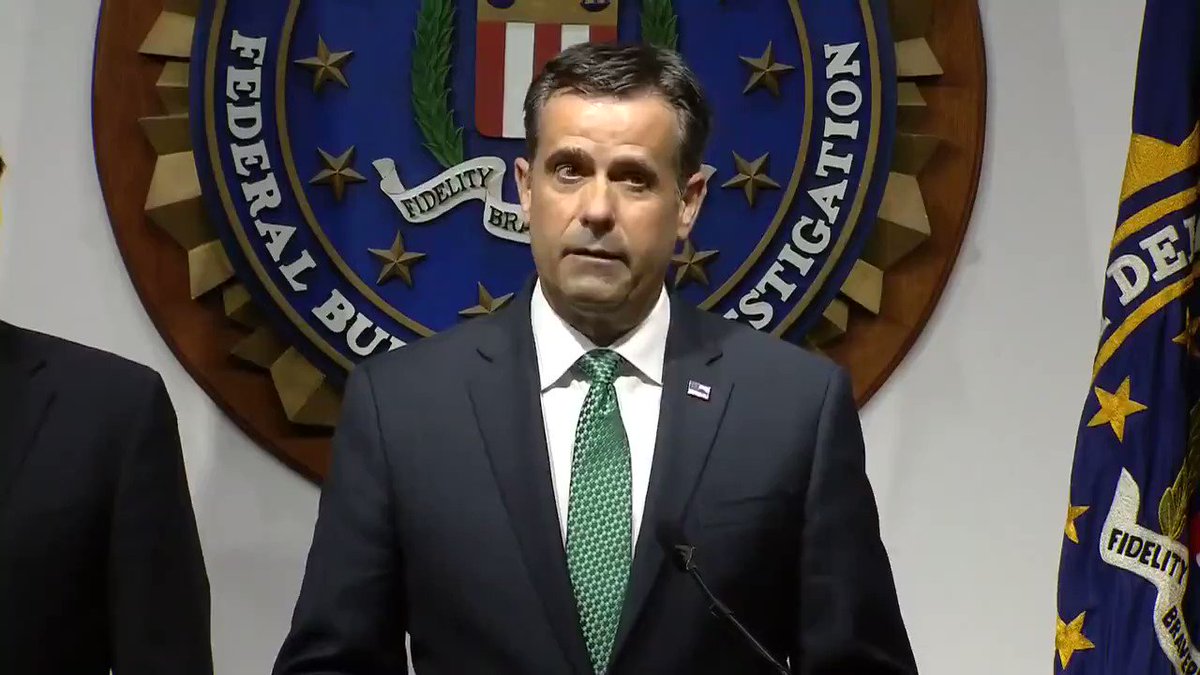"Most are in the form of floods, hurricanes and landslides," Professor Wiku Adisasmito from BNPB, who is also the national COVID-19 task force spokesperson, said in a press conference this week.
Indonesia reported 297 disasters in the month of January last year, including floods in the metropolitan area of Jakarta and landslides in West Java. But the disasters this year have been more deadly, with 160 individuals dying so far in January 2021,
compared to 91 individuals who lost their lives in natural disasters in January 2020. Environmental disasters are not uncommon for Indonesia, with a total of 2,291 disasters in 2020 reported by the government.
On the Pacific Ring of Fire, where tectonic plates meet, the archipelago still lies, triggering regular volcanic activity as well as earthquakes. Ecologists, however, warn that the loss of forests and climate change are influencing the severity of disasters.
As example, South Kalimantan, on Borneo Island, declared a state of emergency last week after tens of thousands of people were displaced by heavy rainfall and flooding. The worst havy rainfall they ever witnessed it was called by some residents. Friday the 6.2 in West Sulawesi.
And earlier this month, landslides were reported at Cihanjuang Village in the Sumedang district of West Java, 150 kilometres south-east of Jakarta. Landslides caused this year in Indonesia 40 deaths. More then 930,000 people have been displaced.
In addition, Indonesia lost 324,000 hectares of primary forest, equivalent to 187 megatonnes of carbon dioxide emissions in 2019, according to Global Forest Watch. Data also reported that between 2001 and 2019, Indonesia had lost 94,000 KM2, equal to Hungary, of primary forest.





















